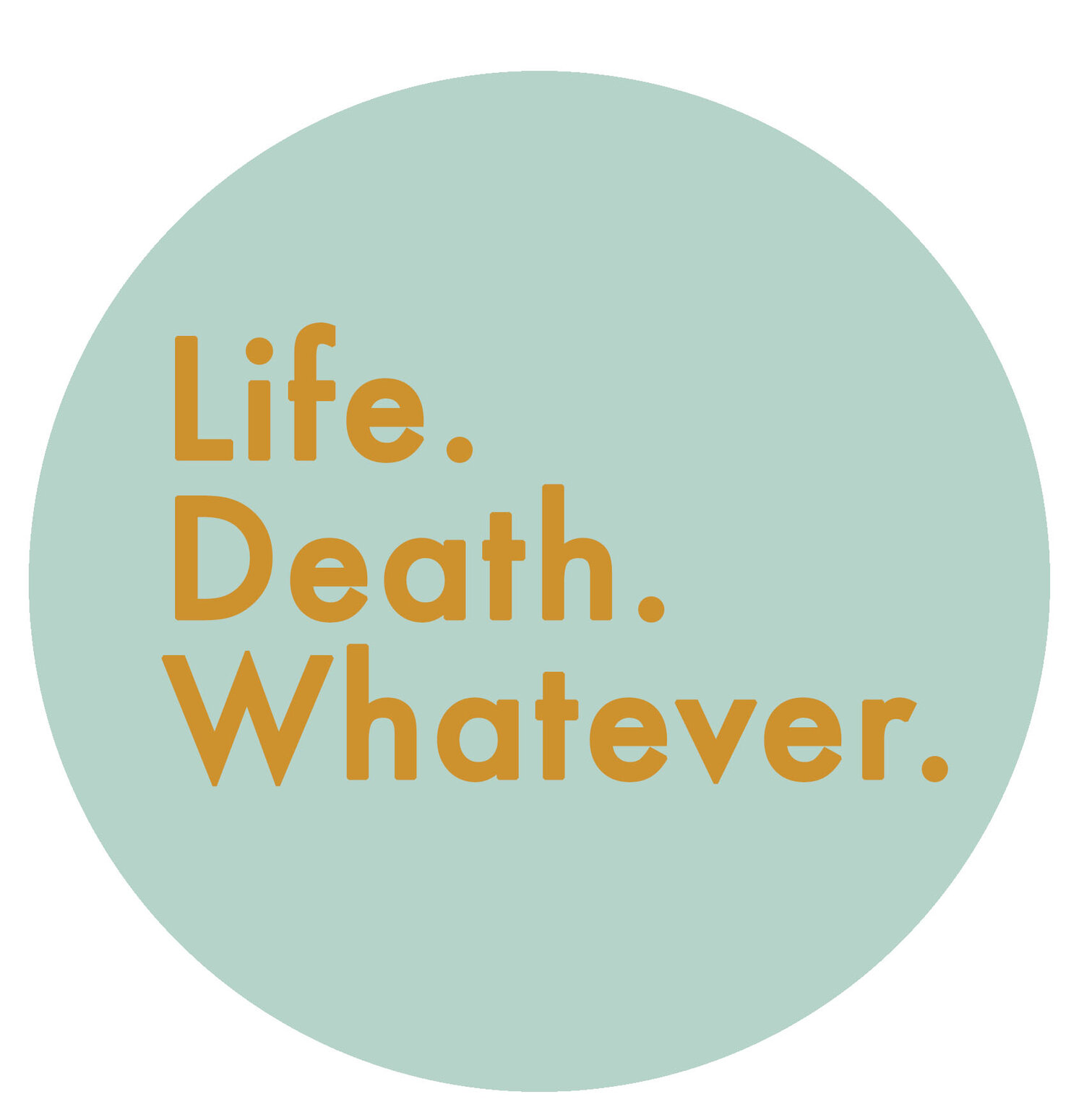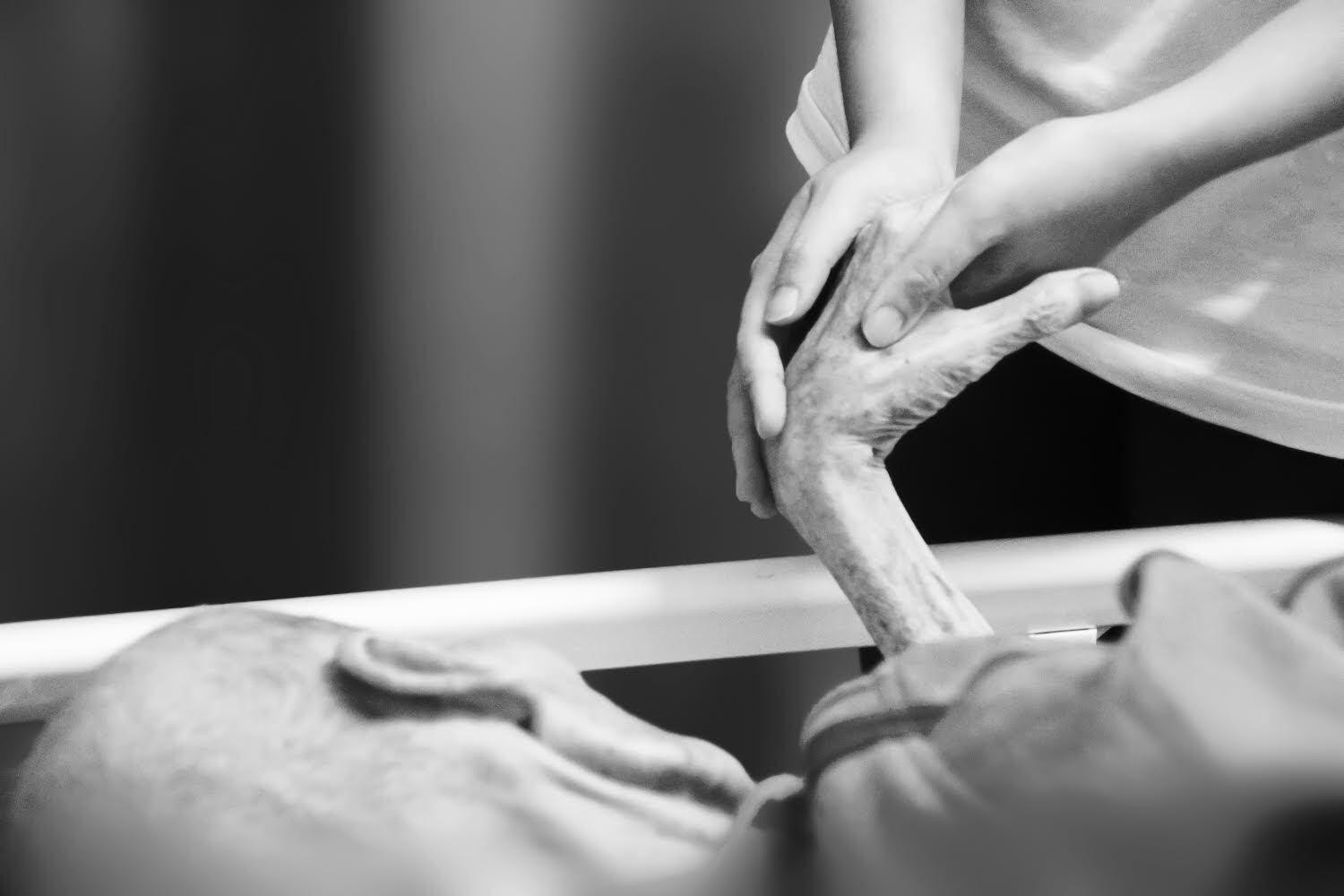Dr Rachel Clarke works in an NHS hospice
1. People often imagine hospices to be dark and dismal places where there is nothing left to experience but dying. But what strikes me, every day at work, is not proximity to death but the best bits of living. Kindness, courage, love, tenderness: they infuse every inch of a hospice.
2. A terminal diagnosis changes everything and nothing. Before the diagnosis, you are a person who knows full well they will die, just not when exactly. And after the diagnosis, you are a person who knows full well they will die, just not when exactly.
3. When cure is no longer an option, every moment counts. Sunshine. Birdsong. A cool breeze. Swaying flowers. Nature can bring patients moments of enormous solace and joy.
4. We cannot pretend dying is always effortless, easy, gentle, calm. But usually we are able to manage symptoms well, enabling patients to end their days with peace and dignity.
5. I have never yet met a patient who felt worse after discussing what dying might be like for them. Fears fester and bloom in the dark. The gradual weariness, sleepiness and eventual unconsciousness that typically precede death are so much less alarming than those worst fears.
About Dr Rachel Clarke
Dr Rachel Clarke works in an NHS hospice and believes strongly in the importance of helping patients with a terminal illness live as richly and fully as possible. Before training as a doctor, she was a television journalist. Her bestselling book, Your Life in My Hands, reveals what life is really like for junior doctors on an overstretched NHS frontline. Her forthcoming book, Dear Life, explores the joy, solace, meaning and love patients can experience at the end of life.
@doctor_oxford
www.doctoroxford.com



